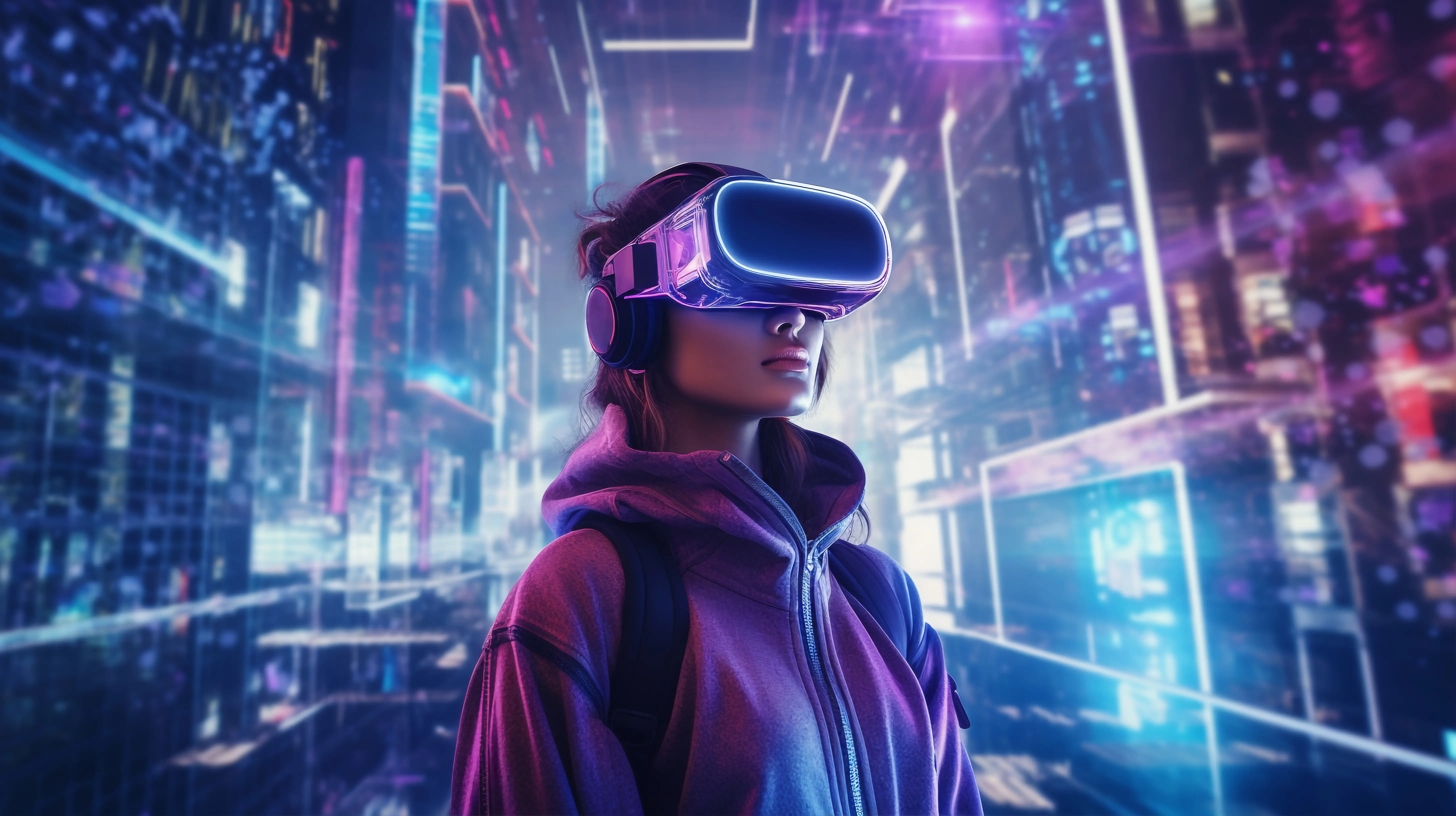AI in the Creative Industry: How AI is Transforming Agency Work
The creative industry continues to evolve alongside technological advancements. One of the most revolutionary innovations in recent years is Artificial Intelligence (AI). This technology has reshaped workflows across various sectors, including graphic design, digital marketing, content production, and branding strategies.
In this digital era, creative agencies cannot ignore AI’s presence. From automated visual creation and market trend analysis to AI-driven copywriting, this technology opens vast opportunities for workflow efficiency and innovation. But how exactly is AI transforming the creative industry, and what are its benefits and challenges? Let’s dive deeper!
AI in Graphic Design: Limitless Efficiency
AI has completely transformed the way designs are created and developed. With AI-powered design tools like Adobe Sensei, Canva AI, and Deep Dream, tasks that once took hours can now be completed within minutes.
- Generative AI in Design – Algorithms like DALL·E and MidJourney can create images from text, providing fresh inspiration for designers.
- Increased Productivity – AI assists designers with color recommendations, layout suggestions, and trend-based visual elements.
- Automation of Repetitive Tasks – Processes like background removal, image enhancement, and resizing can now be done quickly and precisely.
While AI significantly improves efficiency, human creativity remains essential in producing unique and character-rich designs.
AI in Copywriting & Content Creation
The world of copywriting and content creation has also undergone a massive shift with AI-powered writing tools like ChatGPT, Jasper AI, and Copy.ai. These technologies allow agencies to generate marketing copy, blog articles, and social media captions in no time.
AI assists in crafting compelling ad headlines, optimizing SEO with the right keywords, and tailoring content to target audiences. With smart data analysis, AI can even determine the most effective topics and writing styles to boost engagement.
However, despite AI’s ability to accelerate content production, human oversight is still crucial to ensure content retains emotional depth, originality, and audience relevance. AI may write an article, but deep cultural understanding and storytelling nuances remain a human strength.
AI in Video & Animation: A Media Production Revolution
Video production has become more innovative thanks to AI advancements. Technologies like Runway AI, Synthesia, and DeepBrain enable the creation of high-quality videos without requiring expensive equipment or long production hours.
For example, AI can analyze scripts and automatically compile videos from a collection of images and text. Deepfake technology and voice synthesis also allow the creation of realistic digital characters, often used in advertising and animated films.
Additionally, AI-based editing tools like Adobe Premiere Pro AI and Magisto help streamline video editing with advanced automation features. With these capabilities, agencies can save time and production costs while still delivering engaging and high-quality visual content.
AI in Digital Marketing & Data Analysis
AI plays a major role in digital marketing. With tools like Google AI, HubSpot AI, and Persado, agencies can:
- Analyze Consumer Trends – AI can interpret user behavior data and provide recommendations for more effective marketing strategies.
- Optimize Digital Ads – AI-driven algorithms adjust ads based on user preferences, improving campaign ROI.
- Automate Email Marketing – AI enables personalized email campaigns to boost customer engagement.
By utilizing AI effectively, agencies can enhance their marketing strategies and improve campaign performance significantly.
Challenges & Ethics of AI in the Creative Industry
AI is revolutionizing digital marketing by analyzing data, personalizing ads, and optimizing campaign strategies. However, its widespread use also comes with ethical challenges and creative concerns.
- Concerns About Originality – AI can generate content rapidly, but human creativity ensures uniqueness and authenticity.
- Over-Reliance on Technology – Excessive dependence on AI might reduce the human touch in creative processes, so balancing AI and human input is crucial.
- Data Security and Privacy – Agencies must ensure user data remains protected and complies with relevant regulations.
AI has transformed the creative industry by offering faster, more efficient, and more innovative solutions. From graphic design and copywriting to video production and digital marketing, AI empowers agencies to boost productivity and create high-quality content.
However, ethics and creativity remain vital factors to consider. Agencies that can combine AI’s capabilities with human expertise will gain a competitive edge in the rapidly evolving digital landscape.
How is AI impacting your creative agency? Have you started leveraging this technology to optimize your marketing and content production strategies?


